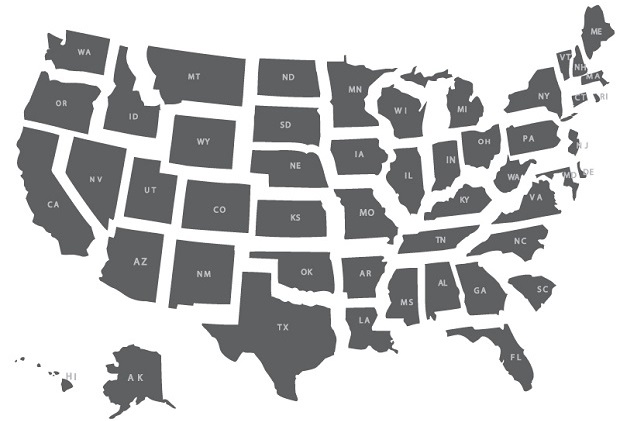 According to the Society of Actuaries, cross-border insurance plans would have little effect on lowering health insurance premiums, a key objective of efforts to drive their creation.
According to the Society of Actuaries, cross-border insurance plans would have little effect on lowering health insurance premiums, a key objective of efforts to drive their creation.
The Centers for Medicare and Medicaid push to eliminate barriers to the sale of cross-border health insurance plans isn't going to find the answer in federal regulations, say insurers and health care providers.
Instead, as reported by Modern Healthcare, it's the insurance business itself that restricts such cross-border sales.
In March, CMS asked for input on how to take away barriers to insurer cross-border sales, as well as “whether Farm Bureau insurance plans or short-term, limited duration plans could help facilitate the sale of individual market plans.” At present just four states have laws allowing such sales—Georgia, Maine, Oklahoma and Wyoming—but the results have been mediocre.
Related: 5 worst and 5 best states for health care
But perhaps the agency hasn't gotten quite the type of feedback it was looking for.
In a comment letter, the National Association of Insurance Commissioners wrote, “These states have each taken a different approach, none of which has, to date, resulted in insurers offering comprehensive health insurance in a state in which it is not licensed. This shows that the impediments to interstate sales are not in federal law but are inherent in the business of health insurance.”
Lobbying group America's Health Insurance Plans also pointed out that Section 1333 of the Affordable Care Act permits such cross-border sales, with one or more states being allowed to sell plans through a health care compact. In fact, AHIP said in its comments that “The main challenges states face in operationalizing cross-border individual market insurance sales would be the same in any framework. Additional federal action that is outside the option to create compacts under section 1333 would only compound those challenges.”
And the Society of Actuaries weighed in to question whether one objective of expanding cross-border plan sales would even be achieved: lowering premiums. It wrote in its comment letter, “Regardless of where an insurer is licensed, premiums would reflect the costs of health care in an individual's state of residence. Premiums would reflect local health costs, regardless of where coverage is purchased. This means that individuals in a high-cost area would not necessarily have lower premiums available to them by purchasing coverage from an insurer licensed in a low-cost state.”
SOA also pointed out the difficulties that could arise from regulatory challenges: “Providing regulatory authority for network adequacy based on state of residence is reasonable because it would be difficult for state regulators to regulate out-of-state provider networks. However, it could be problematic for the state of residence to enforce its rules regarding a carrier that is unlicensed in the state because the ultimate enforcement tool is the ability to suspend the company's license.” Since the state in which the problem exists is not the state in which the problem company is licensed, it cannot take effective action to compel compliance with rules.
It also highlighted the potential for issue and rating requirement problems when expanding the sale of non-ACA-compliant policies “offered alongside traditional ACA products in each state.” If such expansion occurs, it points out, “adverse selection could occur between compact products and the ACA products, especially if subsidies are made available for the non-compliant products.”
Read more:
© Touchpoint Markets, All Rights Reserved. Request academic re-use from www.copyright.com. All other uses, submit a request to [email protected]. For more inforrmation visit Asset & Logo Licensing.






